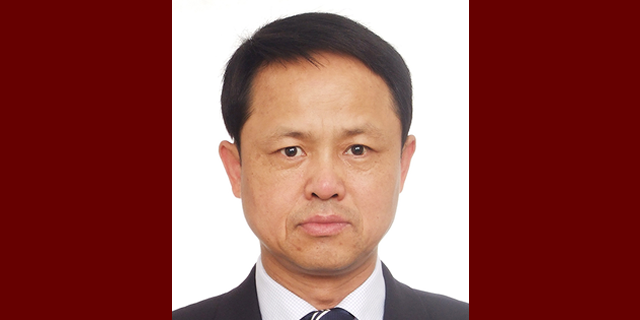An Observation on China's Judicial Reform

In recent years, China has been promoting the reform of the judicial system and its work mechanism vigorously, steadily and pragmatically. Aiming to safeguard judicial justice and focusing on optimizing the allocation of judicial functions and power, enhancing protection of human rights, improving judicial capacity, and practicing the principle of “judicature for the people,” China has been striving to improve its judicial system with Chinese characteristics, expand judicial democracy, promote judicial openness and ensure judicial impartiality. This provides a solid judicial guarantee for China’s economic development, social harmony and national stability. Through judicial reform, China has constantly improved the socialist judicial system with Chinese characteristics, enhancing rigorous, just, polite and incorruptible law enforcement by the country’s judicial organs, promoting the country’s scientific development of judicial work and personnel, and winning the public’s approval and support.
Professor Wang Xixin is the Vice Dean of Peking University Law School, Deputy Director of Research Center of the Constitutional and Administrative Law of Peking University, and also the Director of Center of Public Participation Studies and Research. Professor Wang Xixin has been an Associate Chief Judge of the Administrative Division of the Supreme People’s Court from 2015 to 2017. His main academic research areas are Chinese constitutional and administrative law. He has published 5 academic books and more than 80 papers on Chinese and American legal academic journals. Professor Wang Xixin was the Bok Visiting International Professor of University of Pennsylvania Law School (2013) and also the visiting professor of Columbia University Law School. Since 2003, he has been the research fellow of Paul Tsai China Center of Yale Law School and has participated in a large number of projects to promote the reform of law and public policy. University